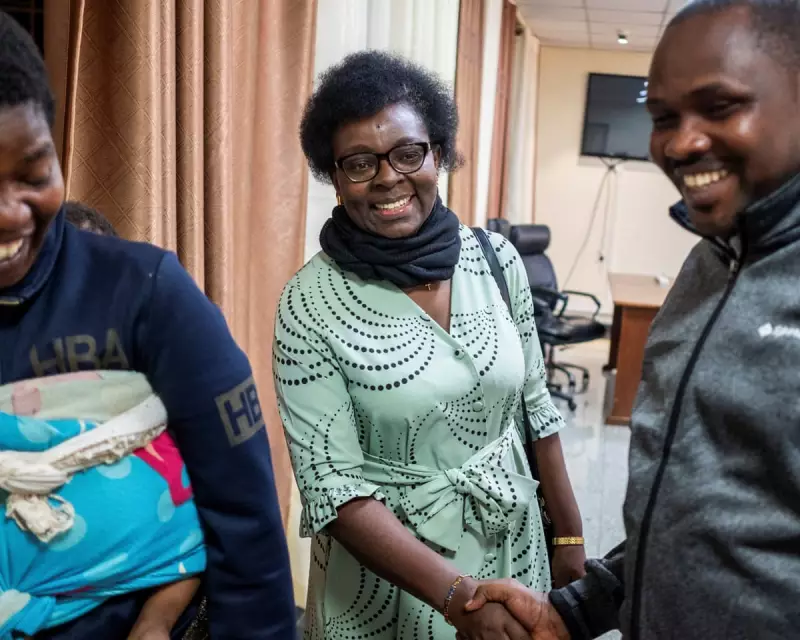
Rwanda, often lauded by the West as a beacon of post-conflict recovery, hides a darker truth beneath its polished image. Under President Paul Kagame's iron-fisted rule, political dissent is ruthlessly suppressed, with critics vanishing into prisons or fleeing into exile. Yet, Western governments continue to support Kagame, prioritising stability over human rights.
The Illusion of Progress
Rwanda's economic growth and clean streets mask a regime that tolerates no opposition. Journalists, activists, and opposition figures face intimidation, imprisonment, or worse. The international community, however, remains largely silent, unwilling to jeopardise strategic partnerships in the region.
Western Hypocrisy
While Western nations condemn authoritarianism elsewhere, their relationship with Kagame reveals a double standard. Aid and investment flow into Rwanda, despite credible reports of torture, forced disappearances, and rigged elections. Critics argue that geopolitical interests—counterterrorism, migration control, and economic influence—trump ethical concerns.
The Fate of Dissenters
Those who dare challenge Kagame’s rule pay a heavy price. High-profile cases, such as the imprisonment of opposition leader Victoire Ingabire, highlight the regime’s intolerance for dissent. Many others have fled, fearing persecution if they return.
A Call for Accountability
Human rights organisations urge Western governments to reassess their support for Kagame’s regime. Without pressure for democratic reforms, Rwanda’s political prisoners may remain forgotten casualties of realpolitik.





